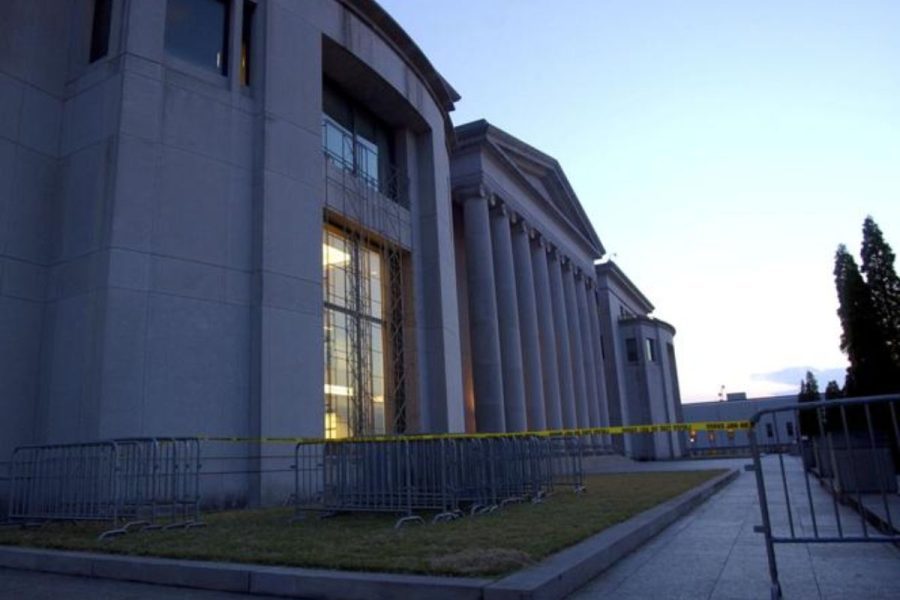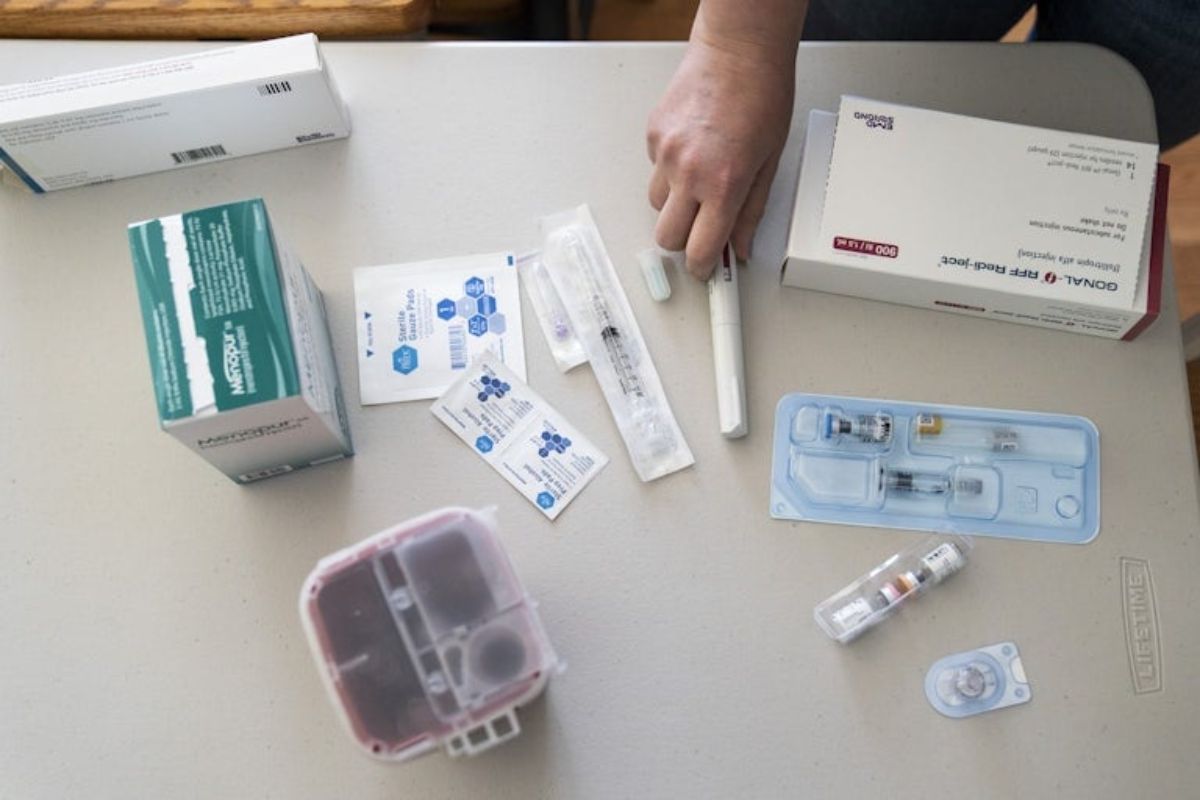Alabama’s Frozen Embryo Verdict: The recent verdict by the Alabama Supreme Court regarding frozen embryos has shed light on a complex and ethically intricate issue. This ruling not only delves into the legal ramifications of embryo disposition but also brings into question the rights of individuals involved in in vitro fertilization (IVF) procedures.
The implications of this decision extend far beyond the courtroom, sparking debates on reproductive rights and medical ethics. Understanding the nuances of this case is essential in grasping the potential impact it could have on future IVF practices and the broader landscape of reproductive health.
Alabama Supreme Court Ruling on Frozen Embryos Raises Concerns
The Alabama Supreme Court’s recent ruling on frozen embryos has sparked widespread concern within the medical and legal communities, prompting a reevaluation of the legal status and implications of these preserved embryos. The decision, which categorized frozen embryos as children under state law in wrongful death cases, has created a ripple effect that extends beyond the courtroom.
Fertility clinics, such as the University of Alabama Birmingham hospital, Alabama Fertility Services, and Mobile Infirmary, have taken proactive measures by pausing certain aspects of their IVF treatments to assess the ruling’s impact on their practices.
The ruling has raised complex ethical and legal questions surrounding the rights of frozen embryos, the responsibilities of fertility clinics, and the implications for individuals seeking IVF treatments. By considering frozen embryos as children, the court has introduced a novel perspective that challenges existing norms within the field of reproductive medicine. As stakeholders navigate this uncharted territory, discussions on the future of IVF and the protection of frozen embryos are paramount to address the evolving landscape of fertility treatments in Alabama.


Read More: Alabama Supreme Court Declares In-Vitro Embryos as Children
Understanding IVF: A Lifeline for Fertility Challenges
Amid the legal and ethical complexities surrounding the recent Alabama Supreme Court ruling on frozen embryos, it is essential to delve into the pivotal role that in vitro fertilization (IVF) plays as a lifeline for individuals and couples grappling with fertility challenges. IVF offers hope to those facing difficulties conceiving naturally by involving the retrieval of eggs from a woman’s ovaries, fertilizing them with sperm in a lab dish, and transferring resulting embryos into the woman’s uterus to facilitate pregnancy. The process occurs in cycles, often requiring multiple attempts for success, and can utilize either the couple’s own gametes or those from a donor to create embryos.
IVF represents a beacon of hope for individuals struggling with infertility.
The emotional rollercoaster of IVF treatments can be both draining and exhilarating.
The financial burden of IVF procedures can add stress to an already challenging journey.
The joy of success in IVF can be a profound and life-changing experience for hopeful parents.
Insight into Embryo Development and Storage
Embryo development and storage in the context of in vitro fertilization (IVF) involves a meticulous process that encompasses the stimulation of ovulation, egg retrieval, fertilization, and preservation for potential future use. Once the eggs are harvested, they undergo fertilization either conventionally or through intracytoplasmic sperm injection (ICSI).
The resulting embryos are cultured in a laboratory for about five to six days before being transferred into the uterus or cryopreserved for later use. Frozen embryos are stored in liquid nitrogen tanks, where they can remain viable for extended periods, often a decade or more.
| Embryo Development | Embryo Storage |
|---|---|
| Hormone-stimulated ovulation | Cryopreserved in liquid nitrogen |
| Egg retrieval from the ovaries | Viable for a decade or more |
| Fertilization in a laboratory dish or through ICSI | Ready for future transfer |
| Embryo culture for 5-6 days | Protected from deterioration |
| Transfer into the uterus or cryopreservation | Ensured long-term preservation |

Implications of the Alabama Ruling on IVF and Reproductive Rights
In the wake of the Alabama Supreme Court’s landmark decision, significant reverberations are felt throughout the landscape of reproductive rights and assisted reproductive technology, unveiling pressing concerns for the future of fertility care in the United States.
- Increased Costs: Legal experts warn that the ruling could lead to escalated expenses for IVF treatments, potentially making them unaffordable for many individuals seeking fertility assistance.
- Logistical Challenges: The necessity for storing embryos in other states due to the ruling may introduce logistical complexities, such as transportation issues and coordination difficulties.
- Diminished Access to IVF Services: Concerns arise about the potential reduction in access to IVF services, which could impact individuals’ ability to pursue fertility treatments and build their families.
- Broader Implications on Reproductive Rights: The ruling sparks debates on reproductive rights and fetal personhood, with implications extending beyond Alabama, posing significant challenges to the landscape of fertility care nationwide.
News In Brief
Alabama Supreme Court’s recent ruling categorizing frozen embryos as children has ignited concerns over the future of in vitro fertilization (IVF). Fertility clinics, including the University of Alabama Birmingham hospital, Alabama Fertility Services, and Mobile Infirmary, are pausing IVF treatments to assess the ruling’s impact. The decision raises ethical and legal questions, challenging established norms in reproductive medicine. IVF, a lifeline for fertility challenges, faces potential increased costs and logistical challenges, limiting access to services. The ruling’s broader implications on reproductive rights and fetal personhood extend beyond Alabama, reshaping the landscape of fertility care nationwide.
Our Reader’s Queries
Q1 What is the Alabama ruling on embryos?
A The Alabama Supreme Court issued a ruling allowing couples undergoing in vitro fertilization, who suffered the loss of frozen embryos in an accident at a storage facility in south Alabama, to file lawsuits under the state’s wrongful death law.
Q2 What are the facts about frozen embryos?
A Hospital facilities, typically laboratories, or commercial reproductive medicine centers store and monitor frozen embryos. These embryos can be securely preserved for a duration of 10 years or more.

